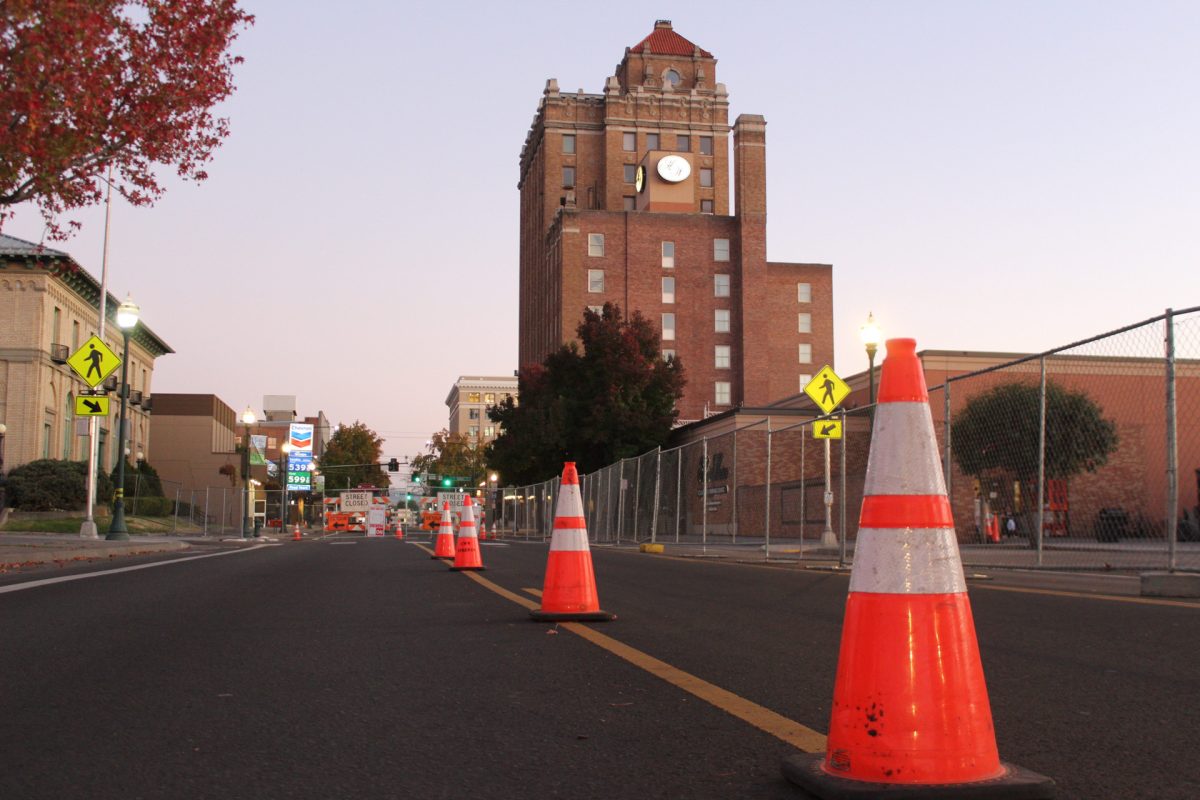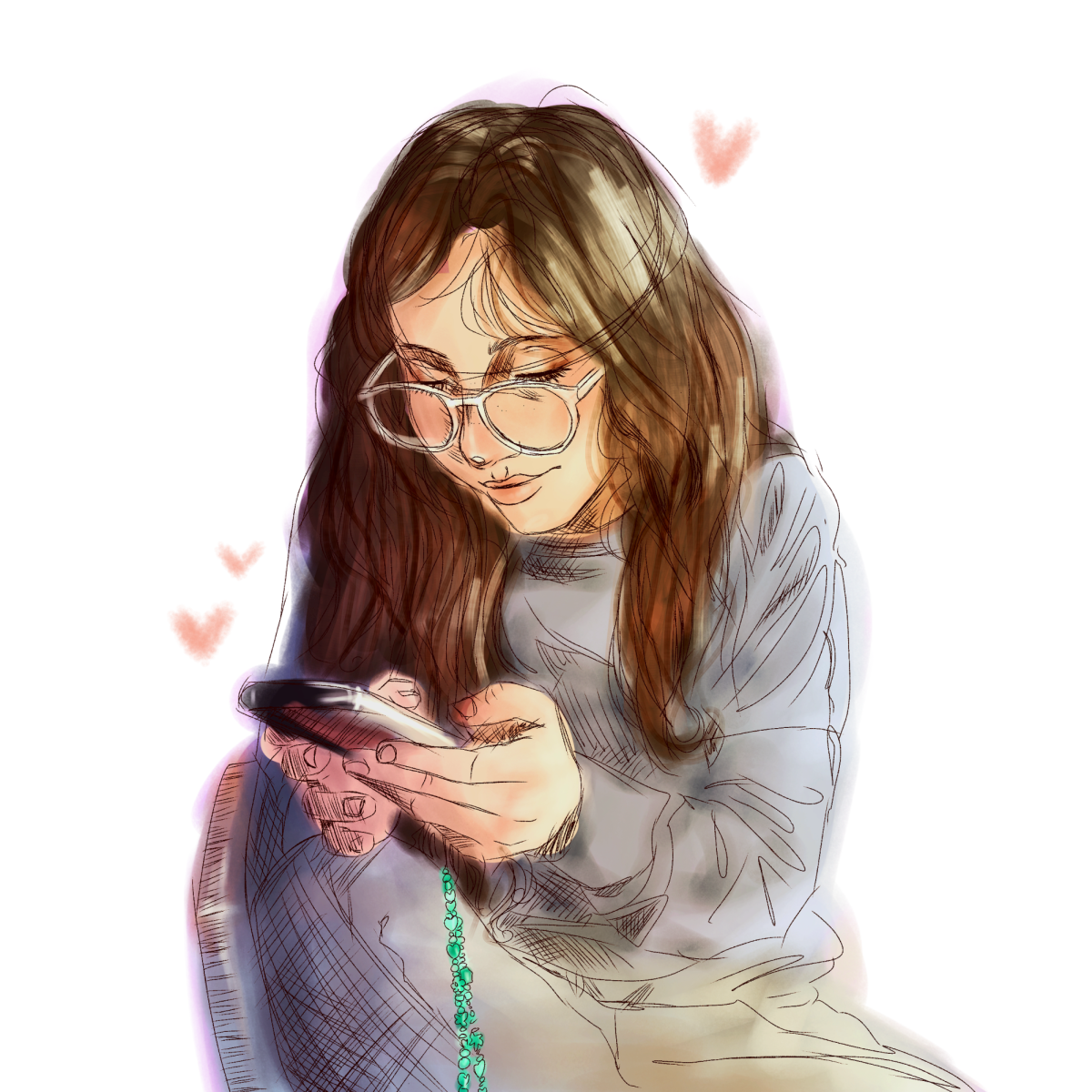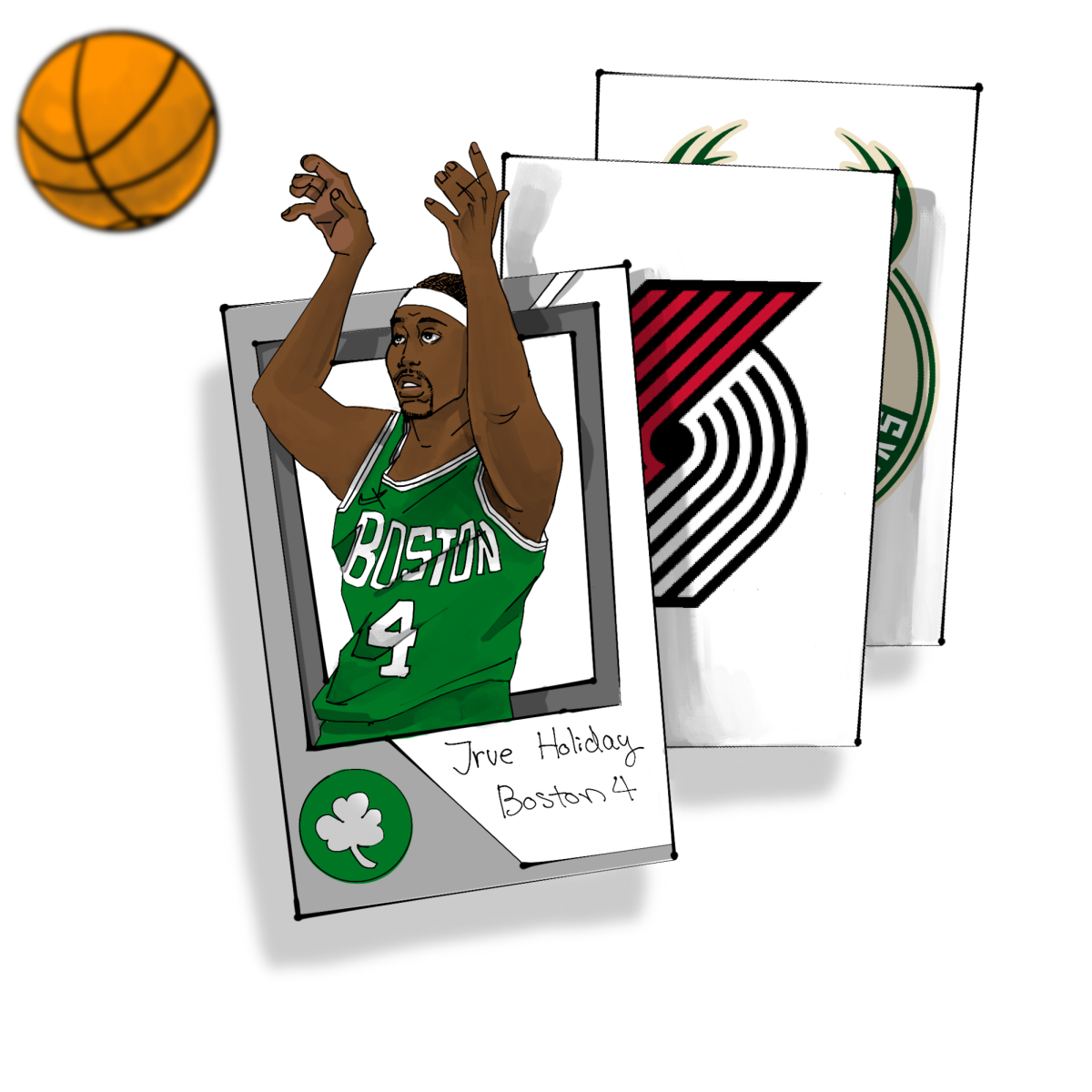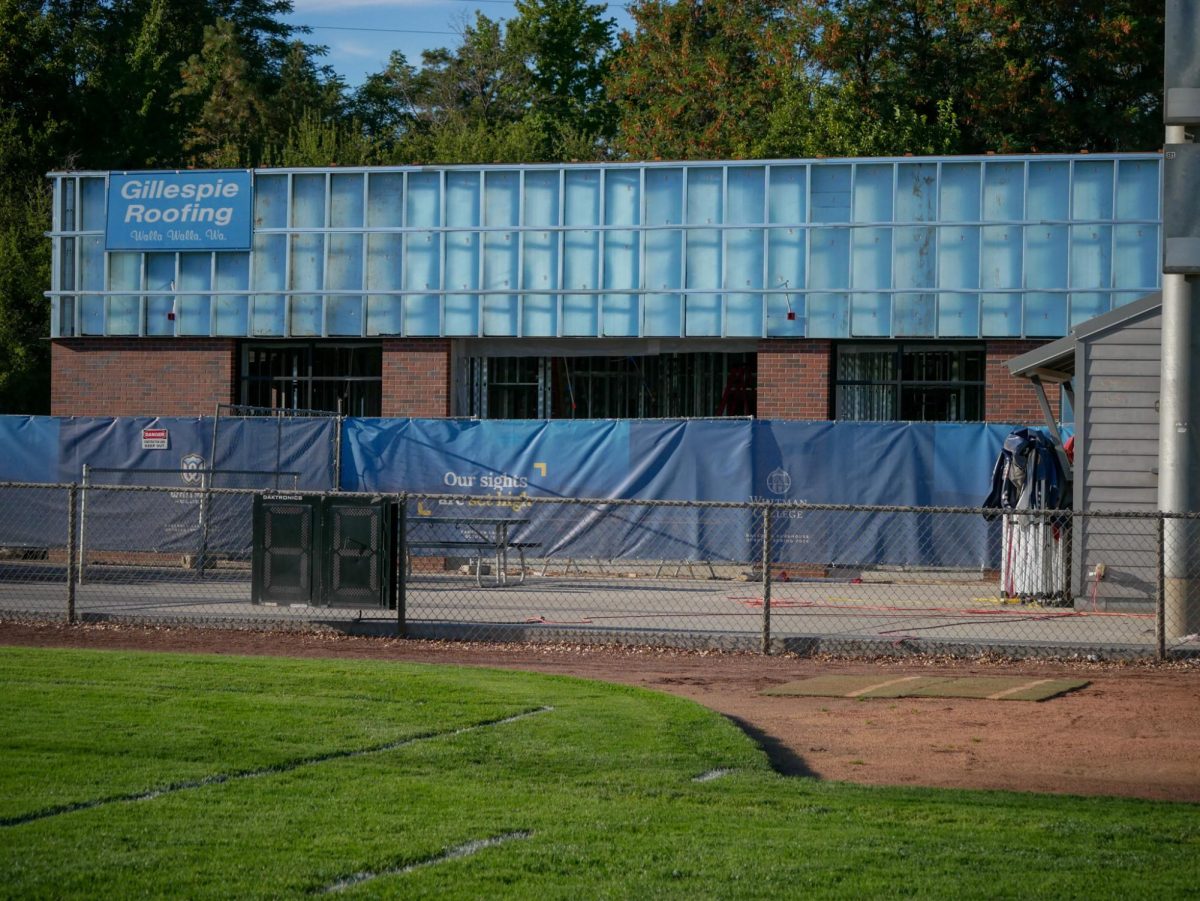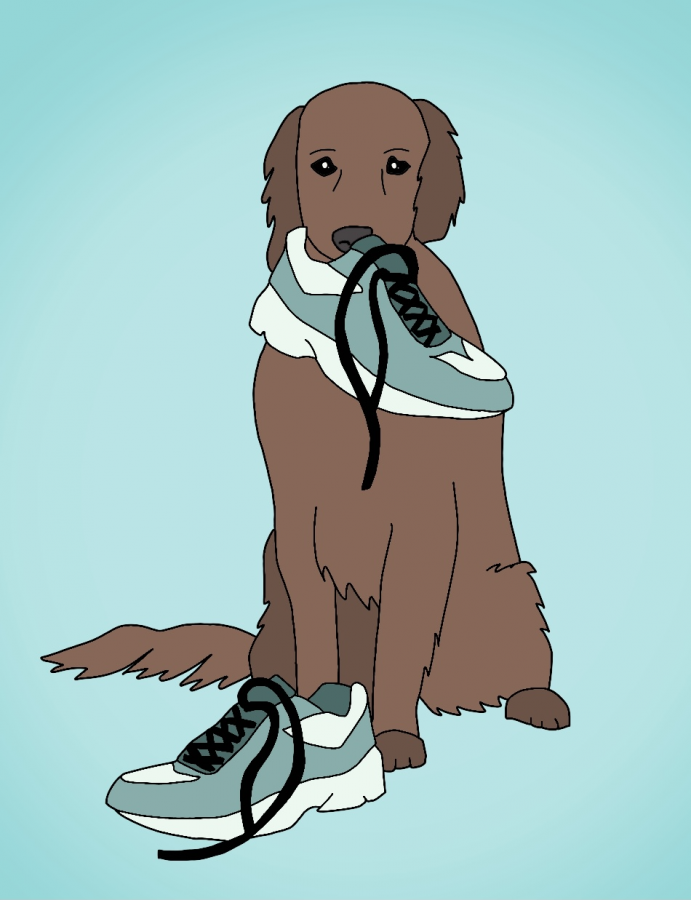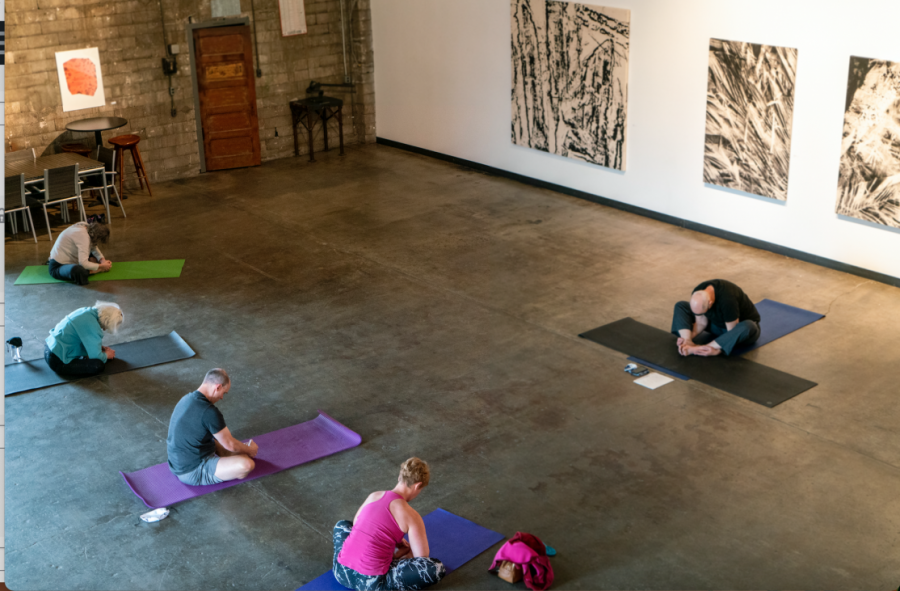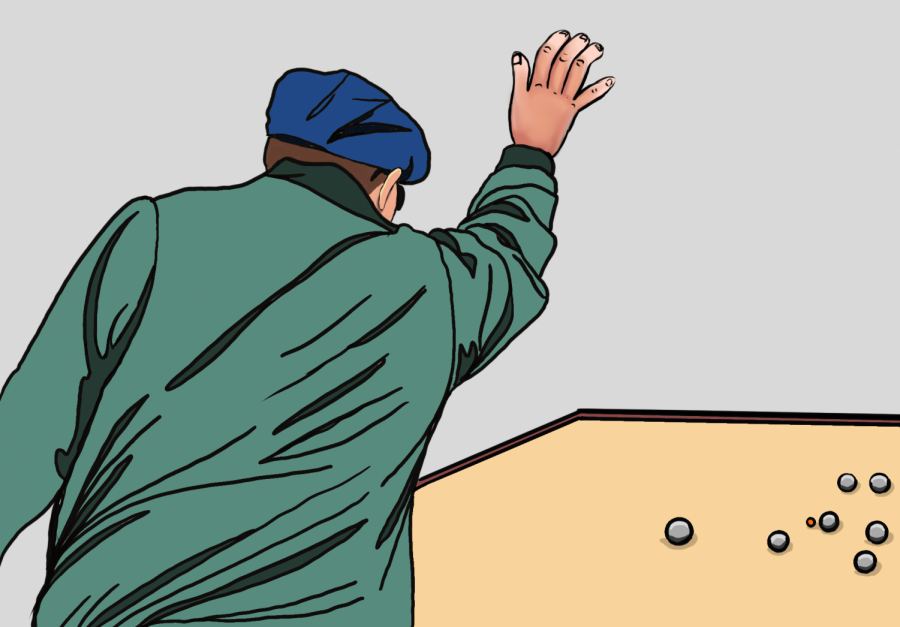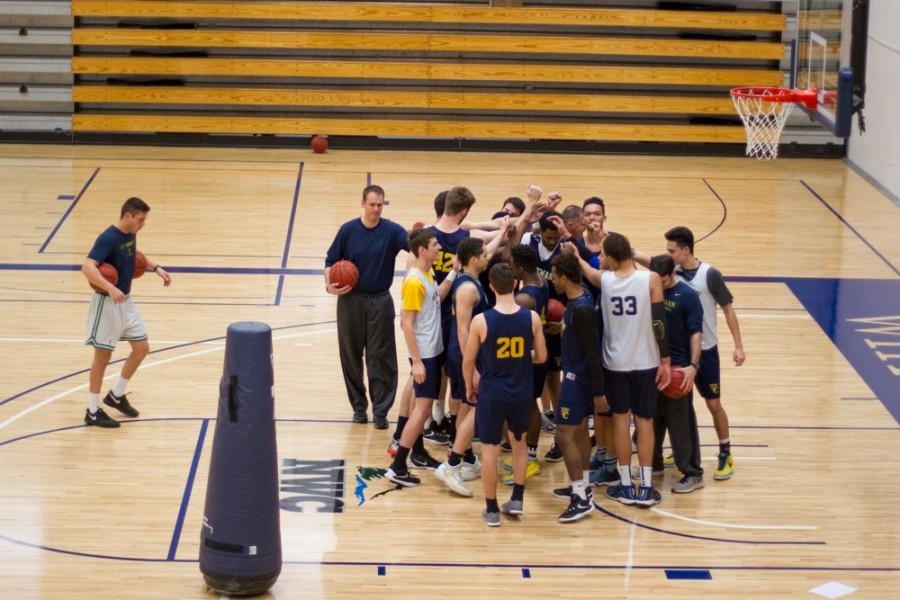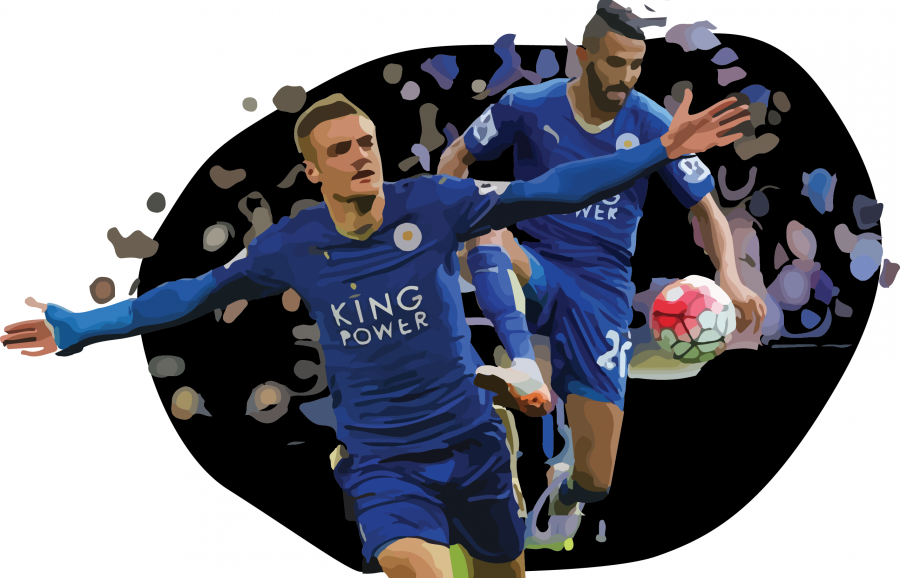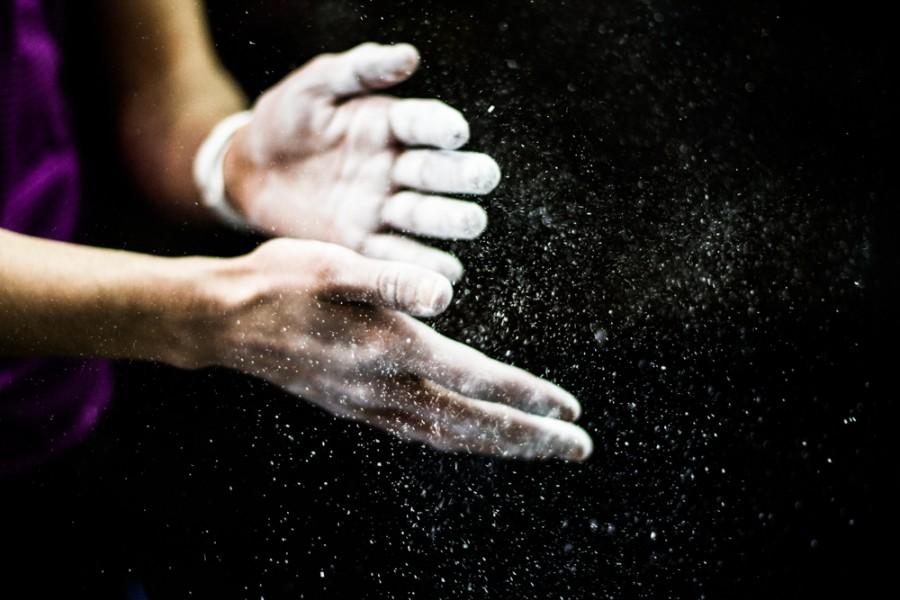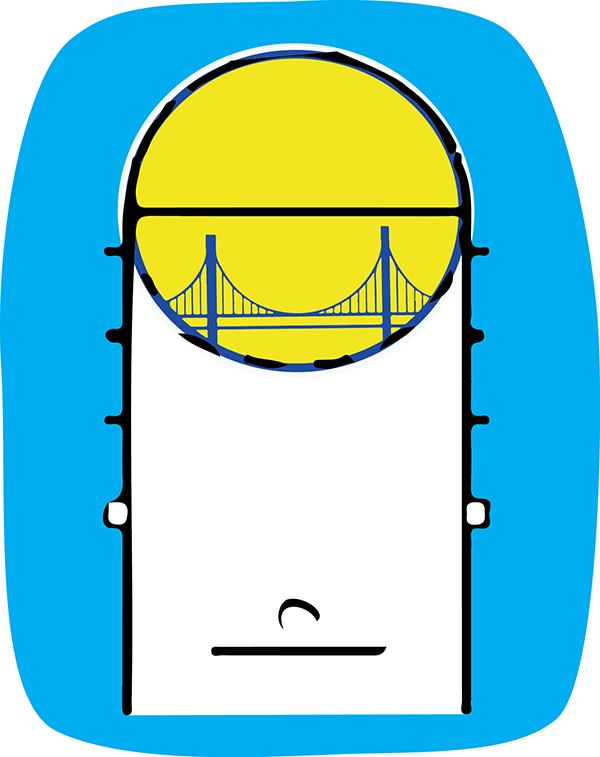For the first 18 years of his life, wrestler Hudson Taylor didn’t think he knew anybody who was gay. Since graduating from the University of Maryland in 2010, however, he has spent much of his time standing in front of college athletes around the country discussing the importance of recognizing and supporting their lesbian, gay, bisexual and transgender peers. On Monday, he came to Whitman to talk to students about this importance of having straight allies speak out in support of their fellow athletes.

“How many of you have heard somebody say in the last week, ‘That’s so gay’?” asked Taylor to a mixed audience of athletes and non-athletes in Maxey Auditorium. “We hear it. It gets thrown around. Any amount of homophobic or transphobic or sexist language in some way divides us. It makes us less able to accomplish our athletic goals.”
Since its inception, the nonprofit organization Athlete Ally has spread to college campuses nationwide. The organization is based on promoting conversations and awareness of LGBT issues in athletic communities on college campuses. Student allies are called to take on the challenge of actively starting conversations among their teammates, coaches and the athletic community at large.
The program arrived on Whitman’s campus in the fall of 2011, which resulted in many athletic teams signing the Athlete Ally pledge and having conversations about the importance of practicing inclusive and non-discriminatory language. Since then, student ambassadors have been working to fuel the conversation to keep awareness up about LGBT issues in sports. To this date, 12,207 athletes across the nation have signed the Athlete Ally pledge, which defines an ally as any person who “takes a stand against homophobia and transphobia in sports and brings the message of respect, inclusion and equality to their athletic community.”
Claire Collins, a junior All-American Honorable Mention breaststroker on the varsity swim team, has stepped into the role of Whitman’s student Athlete Ally ambassador this year with the goal of increasing awareness and stimulating further conversation.
“I think this isn’t a conversation that’s just limited to athletes. Everyone, regardless of whether or not you play a sport, is part of the culture,” she said.
First-year Jack Percival, who attended the event representing the ASWC Student Affairs Committee but is not part of an athletic team, found Hudson’s talk to be compelling in a broad context.
“I think that his message to young athletes that it’s okay to not be afraid, and advocating for people to condemn homophobic and transphobic language, is really important to effecting social change both at Whitman and on a larger scale,” said Percival.
This message was echoed in Taylor’s hour-long talk.
“One of the things that is most important to me is to start a conversation with as many people as possible,” said Taylor.
Athletics Director Dean Snider sees the future of this program as being in the hands of student athletes. Some have already found ways to express their support.
“One of our students wants to gather some folks and do a video and post it on our website. We’ve got the women’s tennis team that wants to put an [Athlete Ally] patch on for their game this weekend,” said Snider.
Given that Athlete Ally is about inspiring thoughtful conversation and action more than making institutional changes, Snider’s role in the conversation is largely one of a facilitator.
“I think our students are so much more creative than I am. My role is to promote and find ways to support our students’ great ideas. And I look forward to hearing more of those,” said Snider.
Collins agrees that the program has plenty of room for growth on Whitman’s campus, and anticipates more action by active student athletes on behalf of supporting LGBT peers.
“We have a lot of goals, and now that there are a bunch of different athletes on board, and [Student Athletic Advisory Council] is on board, it will be easier to access all of the different sports teams,” said Collins.
Taylor encouraged athletes to use their Facebook and Twitter accounts as platforms for speaking out in support of their LGBT peers. He talked of wearing buttons and wristbands as simple ways of showing acceptance and inclusivity.
However, even for some who have admired the work of Athlete Ally for years, this type of action seems insufficient.
“I think Whitman kids need a call to action, and I don’t think a call to action is wearing a button,” said Assistant Director of Admission Robert Street, a former varsity captain at Whitman.
Street, who has been a supporter of Athlete Ally since it began, was excited to see the program arrive on Whitman’s campus last year. A conversation at the college level, he said, is a good start. Now he feels it is time for further action.
“I really admire Hudson, and I like his work. But I left [the talk] wanting something tangible to do. I want to see Athlete Ally have a very clear mission. What can we do? Other than wear a bracelet. There’s more than that. That’s like making it a fad. I don’t want to be a part of a fad; I want to be a part of doing something to change things,” said Street.
Street agrees that starting the conversation is important; however, he suggests that starting in college means missing the critical age where discriminatory words and attitudes are developed.
“I recall over and over again as a kid hearing ‘You run like a girl’ or ‘Stop being a sissy’––things like that––from the playground to gym class. It’s not necessarily on an organized team. I really think that [education] needs to start from an early age. Kids are raised in the locker room to not be sensitive to that language,” said Street.
Street suggested that one important thing Whitman athletes who are interested in this cause could do is take the conversation to local high schools.
“I think Whitman’s place in this would be to do high school programming, and work with the community,” said Street.
Collins reports already feeling a greater student interest since Taylor’s visit to campus.
“A lot of students came up to me and … told me that they were interested in keeping this going and making sure that this stays alive. And that was really exciting. The biggest deal is going to be what happens now,” said Collins.










